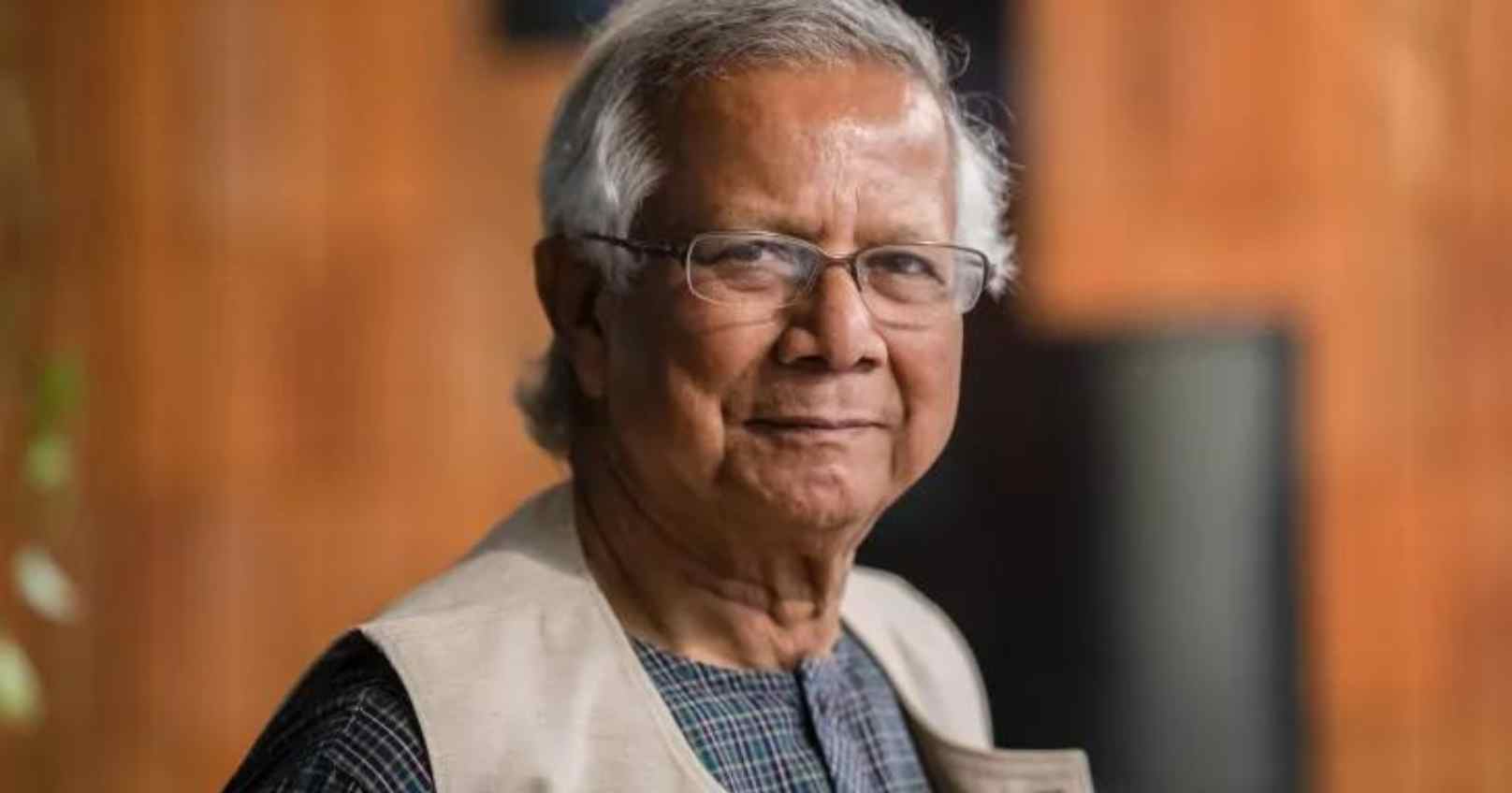Bangladesh's interim Chief Adviser, Muhammad Yunus, has called for close relations between Dhaka and Delhi, emphasizing that maintaining strong ties is in the best interests of both nations despite the recent political shift in Bangladesh. Yunus, an 84-year-old economist, assumed his position on August 8, following the resignation of former Prime Minister Sheikh Hasina, who left the country on August 5 after facing widespread student-led protests.
Speaking to Prothom Alo, Yunus asserted that close ties between Bangladesh and India are essential for both nations, whether for economic reasons, security concerns, or water-sharing issues. "There is no alternative to this. Both sides need this relationship," he said.
In response to questions about recent tensions between the two countries, Yunus acknowledged that India might have been "disheartened" by recent developments in Bangladesh but stressed that both nations would benefit from continued cooperation. He added, "It is only natural that we maintain close ties in every sphere."
India has urged Bangladesh's interim government to ensure the safety of religious events for the Hindu community, following violent protests that claimed over 600 lives, including those of Hindus, according to a UN report.
Yunus expressed confidence that as the international community accepts Bangladesh's interim government, India will follow suit. He also highlighted the importance of strengthening regional diplomacy through SAARC (South Asian Association for Regional Cooperation), stating that both Bangladesh and India stand to benefit from good relations. He emphasized that Dhaka-Delhi ties should not be forced but should naturally evolve based on mutual interests.
Yunus, renowned for his pioneering work in microcredit, shared that Bangladesh’s strategic location between India and China offers the country significant opportunities for growth. He views Bangladesh’s position as a strength, allowing it to benefit from the markets and experiences of both neighboring giants.
Regarding SAARC, Yunus expressed optimism about the regional organization’s potential, comparing it to the European Union’s success despite historical divides. He revealed that during the recent UN General Assembly in New York, he discussed the future of SAARC with various South Asian leaders, except for India. Yunus remains hopeful that obstacles preventing the full functioning of SAARC can be resolved.
On the domestic front, Yunus said his interim government is focused on reforms in every sector, with electoral processes running parallel to these efforts. He did not specify how long the interim administration would remain in power but underscored that judicial reform was a priority.
When asked about the potential extradition of Sheikh Hasina, Yunus refrained from commenting, stating that his government is focused on creating an environment for judicial reforms rather than making political decisions. He also avoided commenting on calls to ban Hasina's Awami League party, leaving such matters to be decided by the legal system.
Yunus also emphasized Bangladesh's aspiration to join ASEAN while maintaining its role in SAARC, positioning the country between the two major regional blocs for a broader international stance.







